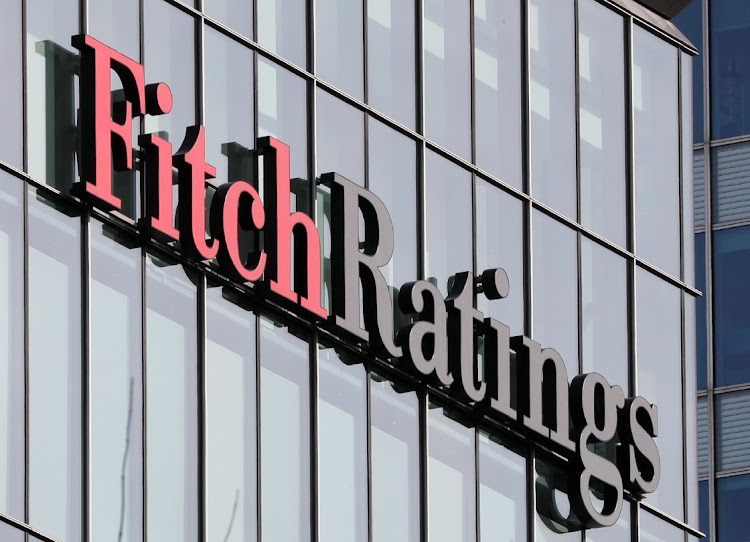Fitch Ratings said that the global economy is likely to grow “slightly faster” in 2023 than expected in its June Global Economic Prospects (GEO) report, although it has downgraded estimates for 2024.
However, the deep decline in China’s property market is “casting a shadow over global growth prospects,” just as monetary tightening is increasingly weighing on the outlook for demand in the United States and Europe.
Fitch revised upward its global growth forecast for 2023 by one tenth, to 2.5%, reflecting the surprising resilience shown so far this year by the United States, Japan, and emerging markets, excluding China.
They have forecast an increase in growth for the United States by eight tenths, to 2%; that of Japan by seven tenths, to 2% too; and that of the emerging economies without China by five tenths, to 3.4%. This has more than offset the cut of eight tenths of China, to 4.8%, and the cut of two tenths of the euro zone, to 0.6%.
The growth differential between emerging economies excluding China and developed economies is expected to widen to historic levels this year, partly reflecting the progress of the monetary policy tightening cycle in emerging markets.
The expected stabilization of the Chinese real estate market “has not materialized,” and new sales could fall by 20% this year. Housing accounts for a third of investment and 12% of China’s GDP and has a strong multiplier impact on the economy as a whole. Policy easing has been “unsatisfactory” to date, according to Fitch.
On the other hand, rapid consumption growth in the United States has continued this year, despite the tightening of the Federal Reserve (Fed), helped by the savings cushions accumulated by the pandemic and solid growth in household incomes as employment and wages have increased rapidly. Demand for labor has slowed in recent months, and wage inflation will continue to decline as the labor market continues to cool.
In addition, the tightening of credit conditions is “increasingly evident,” and the credit impulse in the United States is turning negative. Declining earnings growth also indicates a weakening outlook for business investment. In this way, Fitch “expects a slight recession in the United States,” although it now expects it to occur in the second half of 2024.
The euro zone’s recovery has stalled after the energy crisis and now faces “new external challenges arising from the slowdown in world trade and China.”
“The German economy is expected to contract by 0.4% this year. The tightening of the ECB’s policy is dragging on credit growth,” Fitch summarized.


















